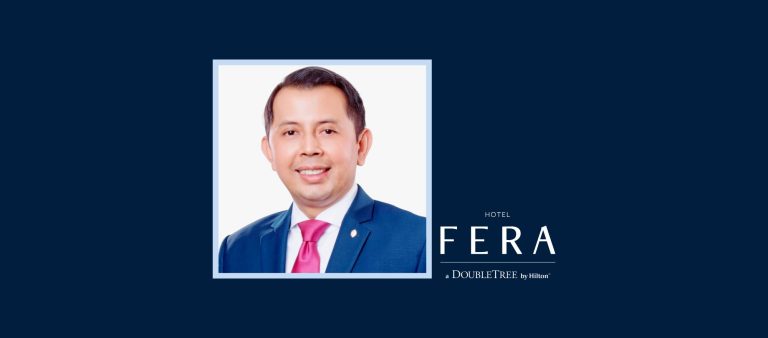In June, Chris Russell became CEO of SPIRE Hospitality, AWH’s hospitality management division. He recently described to LODGING how he moved from food and beverage to building a hospitality management division for Archon Group, a Goldman Sachs subsidiary, and otherwise amassing the expertise that led to his current position. He also explained how he and longtime SPIRE CEO Bill DeForrest handled their respective transitions, Russell’s to CEO and DeForrest’s to vice chairman of SPIRE Hospitality.
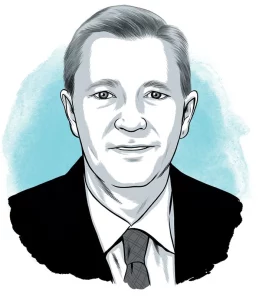 How did you make the transition from being a Culinary Institute-trained chef at the Four Seasons to a top-level hotel investment company executive?
How did you make the transition from being a Culinary Institute-trained chef at the Four Seasons to a top-level hotel investment company executive?
Although I started out as a restaurant chef at the Four Seasons, I quickly moved to the “front of the house,” first as a restaurant manager, then food and beverage director at a hotel operated by AIRCOA in upstate New York. Ready to take the next step, I relocated to Dallas to work for Bristol Hotels, where I remained for more than 14 years. I was fortunate to experience Bristol’s growth, from three hotels when I started, to about 140 when they sold—and working in roles from catering sales and food and beverage operations, to various general manager positions, and ultimately a divisional VP. The varied positions and working with great mentors and leaders spurred my growth and set up the foundation for my next career moves.
What specifically got you on the path to your current position?
I was hired in 2004 by Archon Group, which was part of Goldman Sachs, to start their in-house hospitality management company, which we eventually called Archon Hospitality. After managing an initial portfolio of 25 hotels, we continued managing acquired hotels over the next few years, ultimately managing over 250 hotels prior to separating from Archon/Goldman in 2011. While simultaneously renaming the company Pillar Hotels and Resorts, we were purchased by Dewey Weaver, owner of InterMountain Hotels, and I was fortunate to stay on as Dewey’s partner and CEO there, where we were able to grow and diversify our client base before ultimately selling the company.
How did you and outgoing CEO Bill DeForrest handle the transition of power between the announcement of your appointment in May and your taking the reins on June 4?
Bill and I worked together so I could hit the ground running. I wanted a better understanding of the hotels and the opportunities, and Bill was very gracious and helpful in terms of giving me insight and information.
What are your top priorities now?
Because I want to get a better understanding of the hotels and the opportunities, my first priority is to visit the hotels and meet the general managers and their teams. Therefore, I’ve been scheduling those visits, as well as spending time in Deerfield to get familiar with the area leadership and home office support team. My style is to promote a collaborative environment, and I would like to learn as much and as quickly as possible, especially in the first 60 to 90 days.
Given your years in the hotel business, what would you say has been the biggest challenge in hotel management in recent years?
Recruiting and retention. Hiring great talent and keeping employees engaged has always been a challenge, but that’s especially the case now, when the business and economy are doing well. As the “recruiter in chief,” it’s my responsibility to stay connected to the employees and create an environment where they can participate in our overall success.
Cost control continues to be an opportunity—especially in good times like now—so when there is a dip, you aren’t scrambling and trying to react. There has always been a delicate balance between maximizing revenue and profitability while still providing great guest and employee service. As mentioned earlier, having outstanding employees that buy into the goal makes all the difference between success and failure.
Keeping up with and maximizing the use of technology continues to be both a challenge and an opportunity. This is true not only for the operation of a hotel, management company, and for owner reporting, but it’s especially important for meeting our guest expectations. When our guests are used to great connectivity, smart technology, and on-demand entertainment in their homes and offices, the bar is high and we must deliver.
As seen in Lodging Magazine on October 25, 2018.

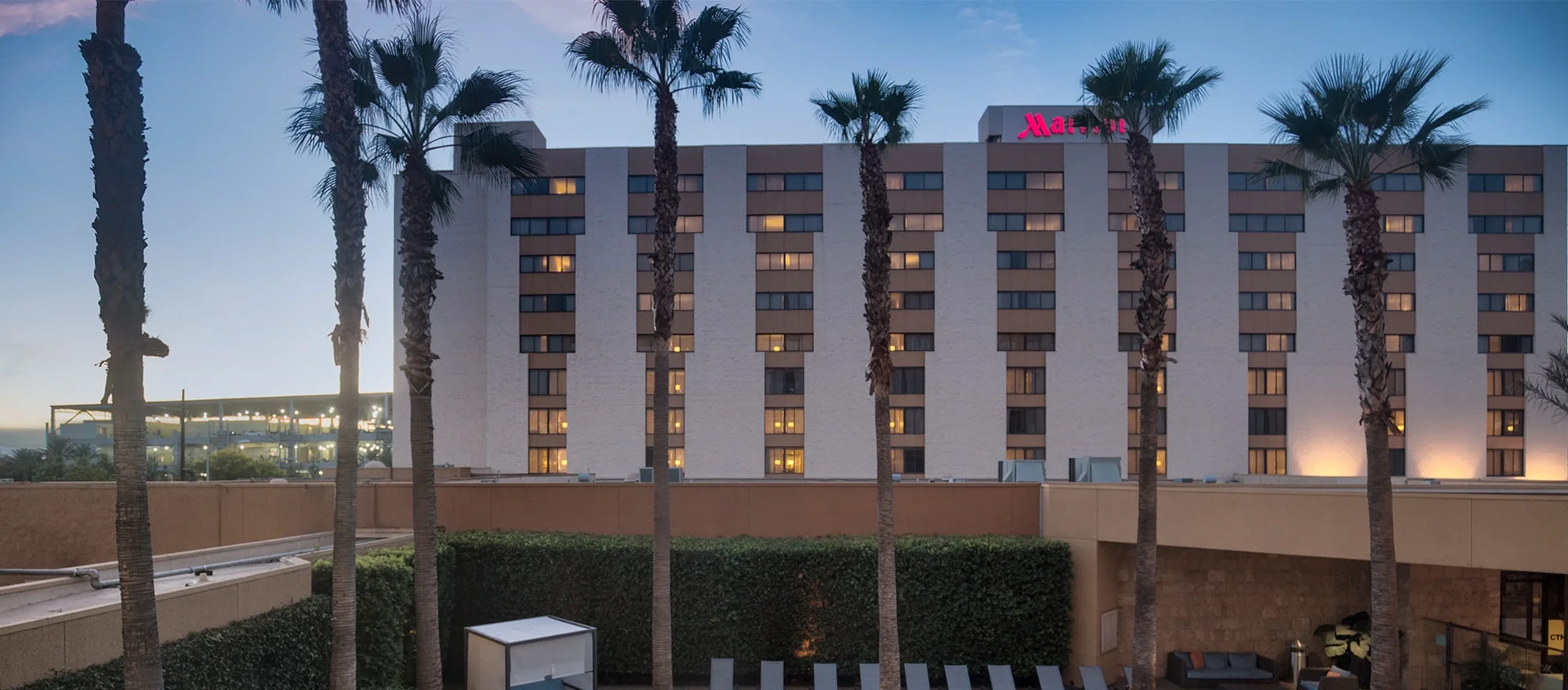
 Chris Russell
Chris Russell 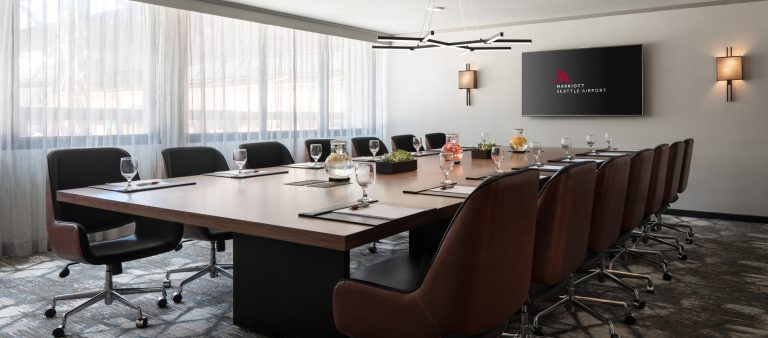
 SPIRE Hospitality
SPIRE Hospitality 

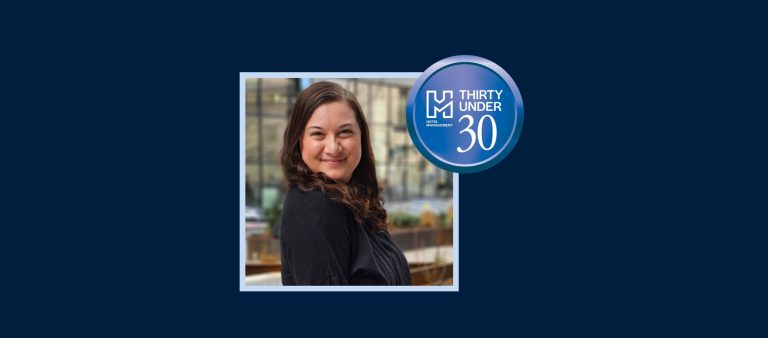

 Shozib Khan
Shozib Khan 